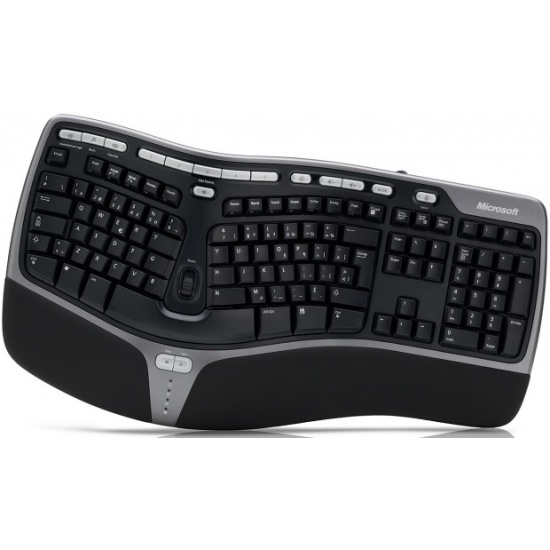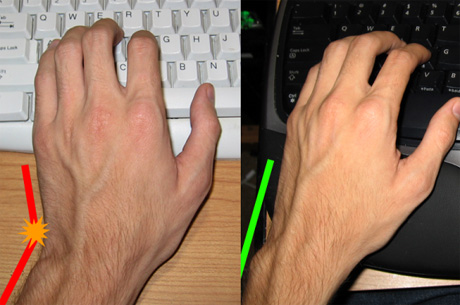
- #Microsoft ergonomic keyboard 4000 keys not working install
- #Microsoft ergonomic keyboard 4000 keys not working driver
NOTE: you can immediately apply your keymap file by yourself typing Your keyboard, so edit the "/lib/udev/rules.d/les" file adding Then write the remap pair in your file, maybe with a descriptiveĢ) you have to tell udev to apply this remapping file everytime it encounters Pick up a number from input.h as described earlier and convert it to "c1028" is the scancode value you're going to place in your keymap file, then Be careful, sometimes these extra keys are exposed throughĪ different device or your mouse interface: eg.


Scancodes using evtest ("sudo evtest /dev/input/eventX", where X is your (for example I created logitech-lx710-cordless there). "scancode keycode" list) and place them in a file under "/lib/udev/keymaps/" The solution, thanks to Marco Chiappero: 1) you have to define all the remappings that you need (in the form of
#Microsoft ergonomic keyboard 4000 keys not working driver
The problem is that evdev driver ignores keycodes > 255.

Our keyboard type was 045e:00db but in the configuration we insert v045Ep00DB* The keyboard type is written uppercase in the configuration file.There are two characters added to the keyboard type: v and p which stand for vendor and product.Instead of sudoedit you can use any other text editor, just remember to follow the exact format of the file as explained above.The format of the file should be exactly as shown, the space before.Then run the following two commands for the configuration to take effect: sudo udevadm hwdb -updateįinally unplug the keyboard and re-plug it in. Save and exit by pressing escape then typing :wq and hit enter. Hit i to activate the Insert mode and type the following: keyboard:usb:v045Ep00DB* The name of the key for assigning is SLASHĪfter gathering the necessary information we create the configuration file: sudoedit /etc/udev/hwdb.d/61-keyboard-local.hwdb.The scancode of the Slash key is: 70038.Examine the other keys to find their appropriate names. The second line contains the assigned functionality information like name of the key. The first line of the log contains the information about the actual key on the keyboard such as scancode which comes after the value. Now with every key-press on the keyboard it dumps out the key information. The output is pretty much self explanatory, insert the appropriate number for the keyboard, which here is number 3 then hit enter:ĭoing so, will output lots of information on the terminal and ends in following lines.

dev/input/event10: HDA ATI HDMI HDMI/DP,pcm=3 dev/input/event5: HDA Intel Front Headphone dev/input/event4: Microsoft Natural® Ergonomic Keyboard 4000 dev/input/event3: Microsoft Natural® Ergonomic Keyboard 4000 dev/input/event2: PixArt USB Optical Mouse
#Microsoft ergonomic keyboard 4000 keys not working install
If you don't have the program, install it by running the following command: sudo apt-get install evtestīy running the evtest program we get the following output: No device specified, trying to scan all of /dev/input/event* Available devices: To determine them, we use the evtest program which logs out the event information of a specific device on terminal: evtest Second find the scancode and the name of the key. īus 004 Device 022: ID 045e:00db Microsoft Corp. In terminal run the following command: lsusb


 0 kommentar(er)
0 kommentar(er)
